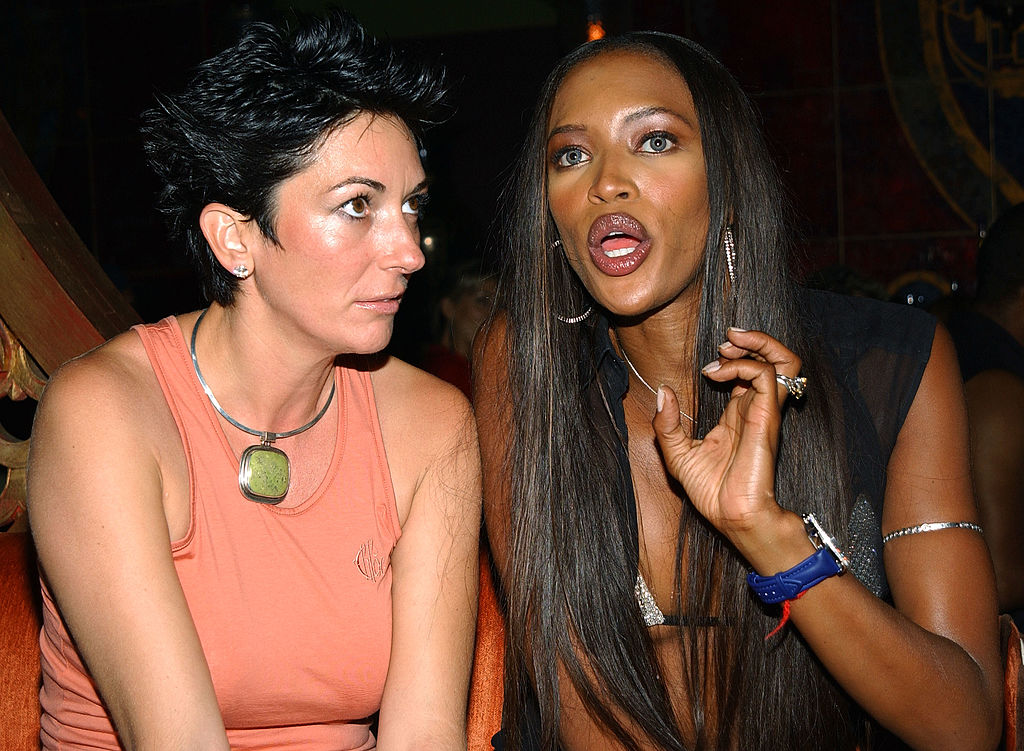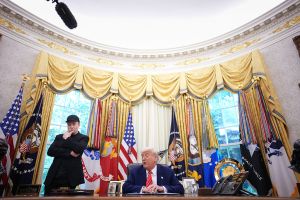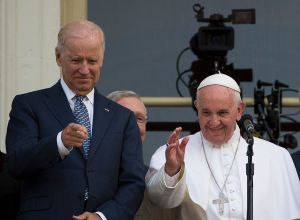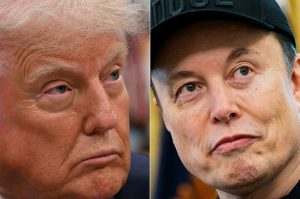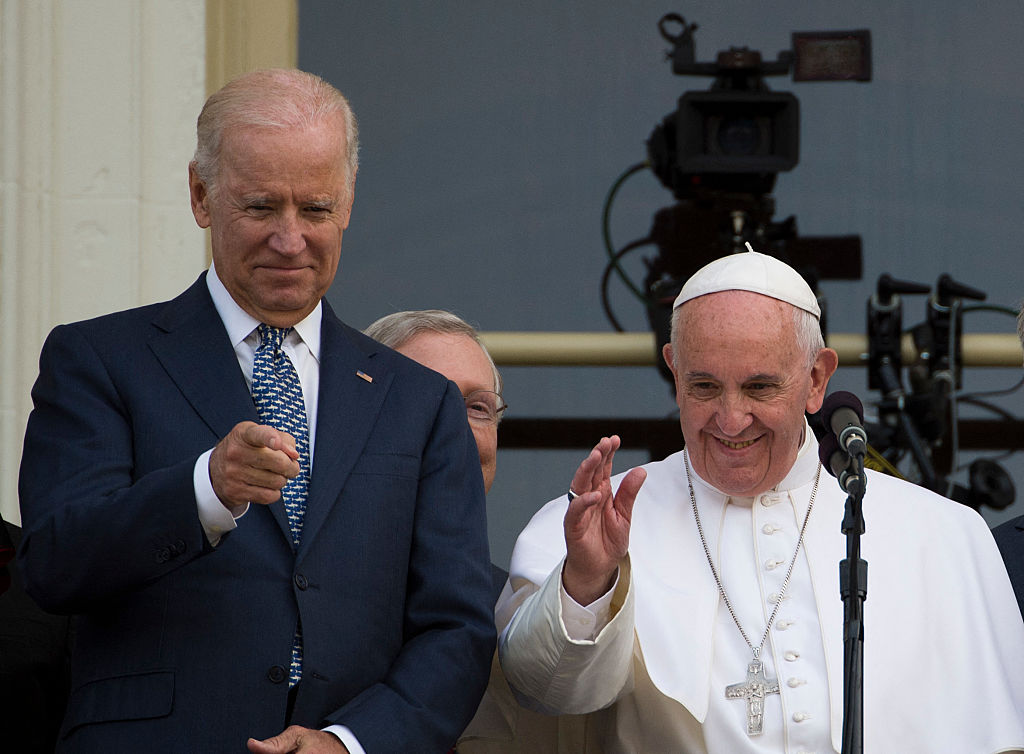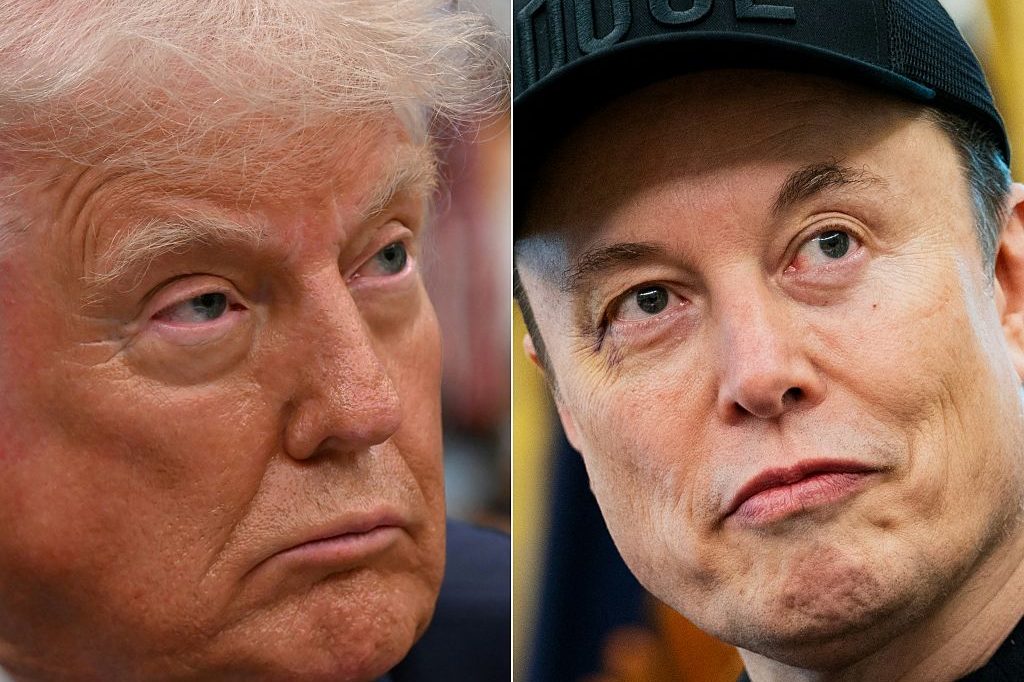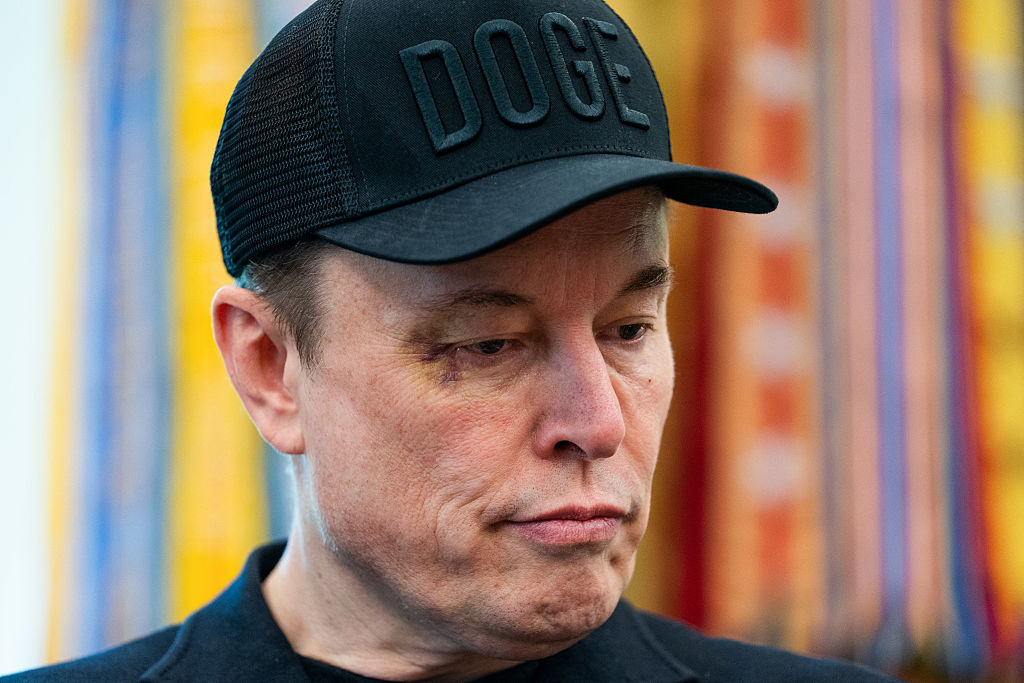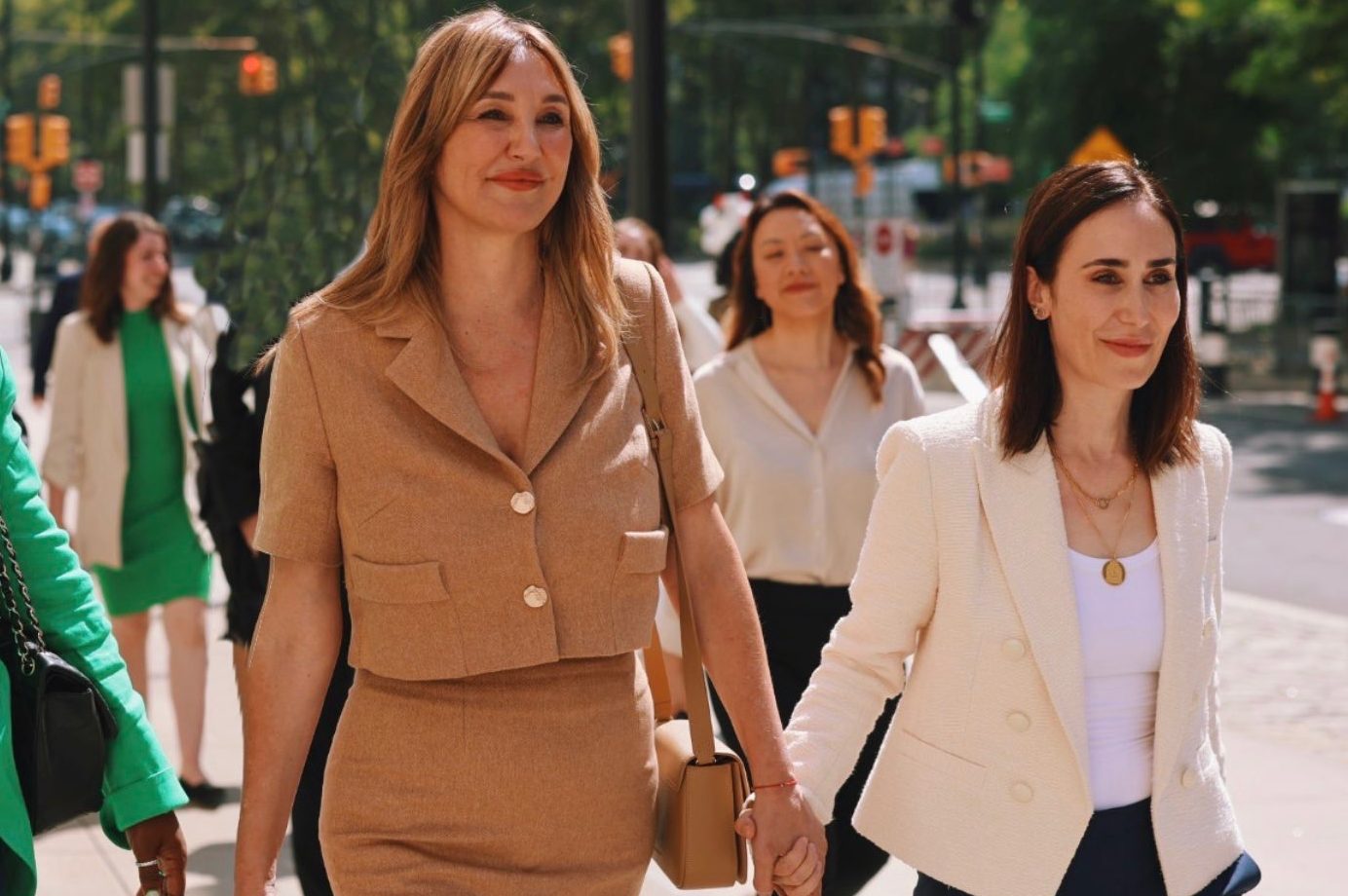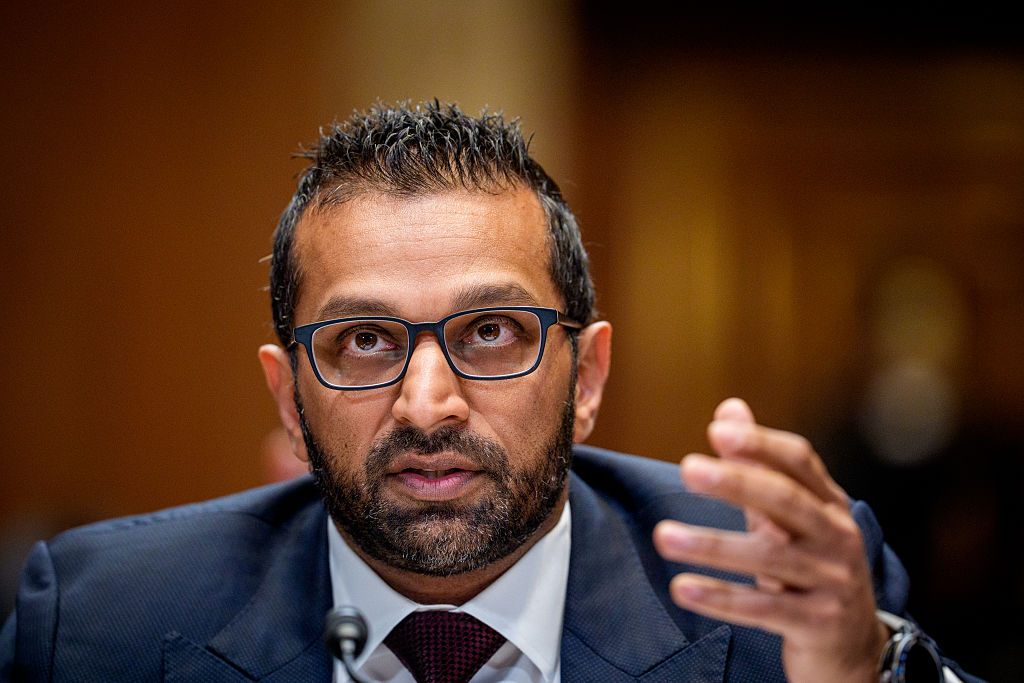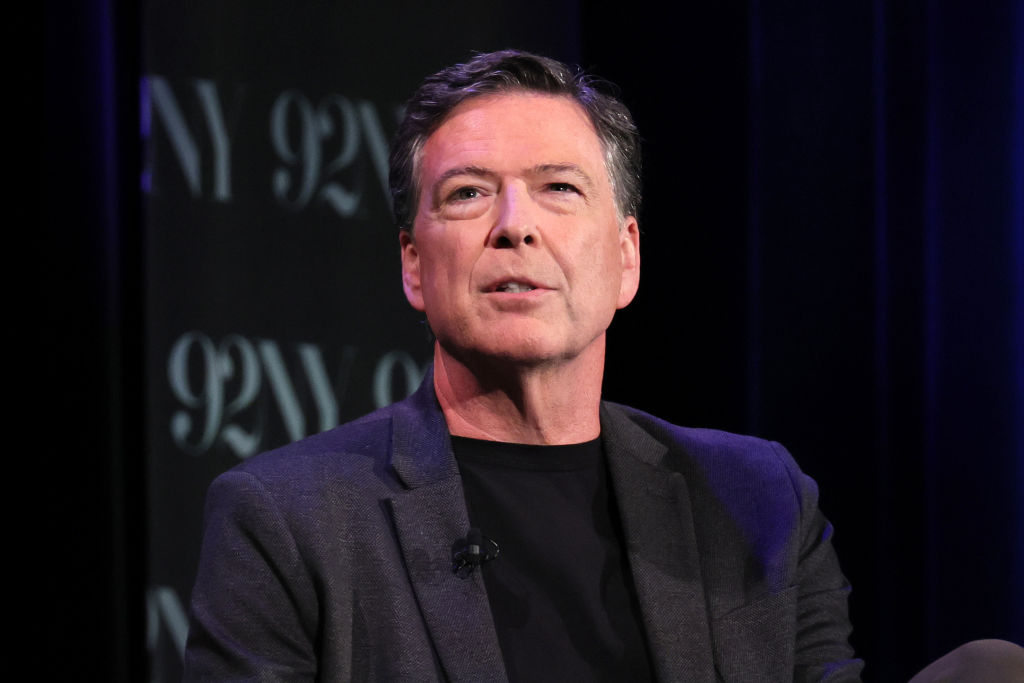1. Why now?
Maxwell was arrested at her remote estate in Bradford, New Hampshire eleven months after Jeffrey Epstein’s death in a New York police cell. The house was purchased for $1 million in cash through a shell company in December 2019. In the same month, Reuters reported that Maxwell was a target in the FBI’s investigation of people who ‘facilitated’ Epstein’s sexual crimes. Meanwhile, her location became the subject of international speculation. It now appears that the FBI knew exactly where she was. On Thursday, the FBI’s New York Assistant Director, William Sweeney admitted that ‘an eye was being kept and information was being collected’ for months:
‘We’ve been discreetly keeping tabs on Maxwell’s whereabouts as we worked this investigation. And more recently, we learned she’d slithered away to a gorgeous property in New Hampshire.’
If, as the US Attorney’s Office now claims, Maxwell presents ‘an extreme risk of flight’, why didn’t the agency arrest her earlier?
2. Why was she in the US at all?
‘In short, Maxwell has three passports, large sums of money, extensive international connections, and absolutely no reason to stay in the United States and face the possibility of a lengthy prison sentence,’ the prosecutors argue in a detention memorandum filed on Thursday, before Maxwell was refused bail. If she has ‘no reason’ to stay in the US, why did she remain in the US at all?
Born in France and raised in Britain, Maxwell has British and French passports as well as the American passport she took in 2002. If she wanted to avoid the FBI, she could have gone to France. The French authorities do not automatically extradite suspects to the US: consider Roman Polanski. Also, her father, the intriguing and posthumously disgraced businessman Robert Maxwell, was Jewish. She could have gone to Israel, which is even less accommodating to extradition requests.
Did Maxwell have a good reason not to go to France or Israel? Or did she have a better reason to remain in the US?
3. Why wasn’t Maxwell prosecuted along with Epstein in 2007?
Maxwell is now charged with four counts of sex trafficking and two counts of perjury. The sexual offenses were allegedly committed between 1994 to 1997, the perjury charges from 2016.
The recently unsealed documents from the Florida case show that the FBI gathered testimony from 34 alleged victims. This number rose to 40 in the final non-prosecution agreement. A Florida court convicted Epstein in 2008 on a single felony charge of solicitation of prostitution. Multiple witnesses identify Ghislaine Maxwell as managing Epstein’s complex domestic affairs in the late 1990s and early 2000s, the period in which the Florida prosecution gathered its evidence. Several claimants now allege that Maxwell was an active participant in sexual abuse and exploitation in this period. In 2008, the FBI, then under the direction of Robert Mueller, supplied the Palm Beach police with a 53-page document investigation into Epstein. Why wasn’t Maxwell charged along with Epstein?
4. Was Jeffrey Epstein an FBI informant?
In 2008, Alex Acosta was the US attorney for the Southern District of Florida. In 2019, when Acosta was in the running for becoming Trump’s labor secretary, told a Trump transition team that unspecified persons had told him to back off from the case: ‘I was told Epstein “belonged to intelligence”, and to leave it alone.’
Acosta later recanted this story in a fumbling statement. But a 2008 FBI document confirms Acosta’s earlier claim that he had been told to ‘back off’. The FBI document records that the US Attorney’s Office had notified the FBI that the Epstein investigation was ‘highly sensitive’.
The same FBI document, written five months after Epstein’s legal team had secured a non-prosecution agreement from Acosta’s office, noted that ‘no prosecution will occur in this matter as long as Epstein continues to uphold his agreement with the State of Florida’. This, the document says, was because Epstein had ‘provided information to the FBI as agreed upon’.
FBI Epstein by ChrisSpargo on Scribd
Was Epstein was an FBI informant from at least 2008?
***
Get a digital subscription to The Spectator.
Try a month free, then just $3.99 a month
***
5. Did Maxwell also supply information to the FBI?
Ghislaine Maxwell was, as Epstein said, his ‘best friend: the person who knew him most intimately and managed, prosecutors allege, the most secret aspects of his life. Yet she wasn’t prosecuted in the Florida case. A source familiar with the Florida investigation told me this week that Epstein personally requested and secured immunity for Maxwell from the FBI. The terms of the deal are unclear, but it granted immunity to ‘any potential co-conspirators’.
This week, a source familiar with Maxwell’s case told me they believed Maxwell had supplied information to the FBI, and had remained in the US because she believed she was protected by Epstein’s immunity deal of 2008. A second source familiar with both Epstein and Maxwell agreed that it was possible, and might explain why Maxwell didn’t leave the US.
Dominic Green is Life & Arts editor of The Spectator (US).



